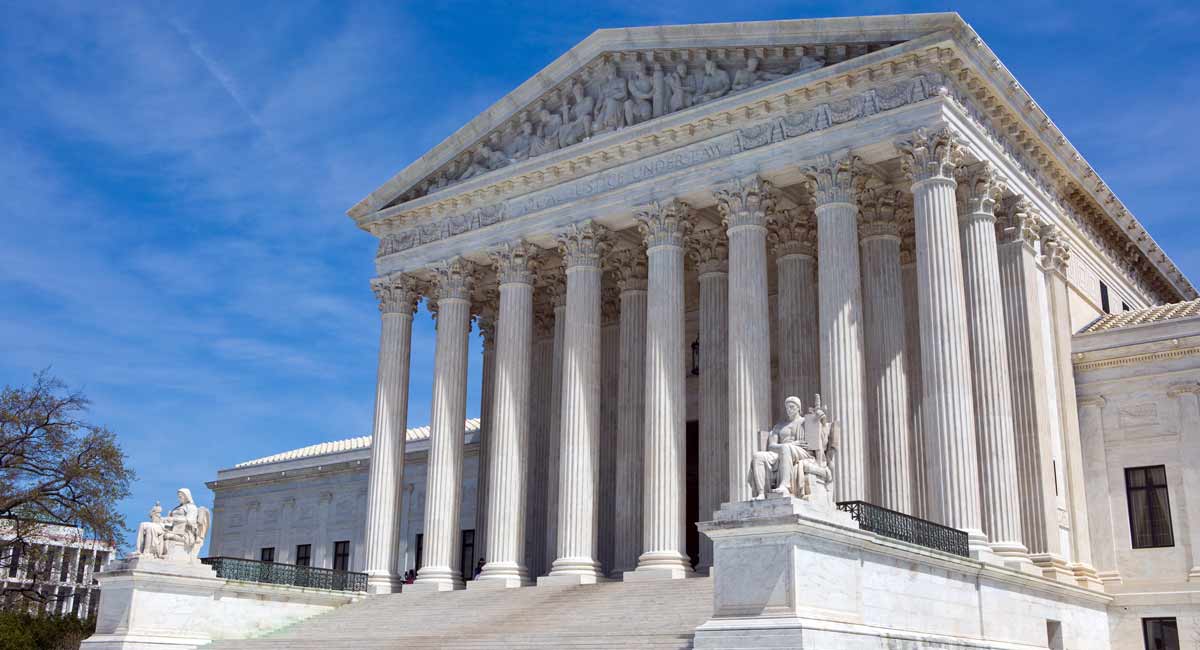The Supreme Court of the United States decided yesterday that it would not hear an appeal this term from Indiana regarding a 2016 law, signed by then-Governor Mike Pence, to ban abortions solely for the reason of Down syndrome or other disability. The law would have also prohibited sex- and race-based abortions, and would have required that the bodies of aborted babies be buried or cremated. The Court’s decision, for now, leaves in place the earlier Seventh Circuit ruling that the Indiana law is unconstitutional.
The law struck down by the Seventh Circuit was similar to measures passed in Ohio, North Dakota, and Louisiana. A coalition of 19 states had urged the Supreme Court to uphold the plan, stating that “Every American, regardless of their biological sex, race or disability, has a God-given right to life, liberty and the pursuit of happiness.” The appeal is the first challenge to pro-abortion legislation since Justice Kavanagh took his seat on the Supreme Court. Although the Court cannot take up the case this term due to a full docket, it’s possible they could set a hearing date next term.
The law struck down by the lower court means the state can proceed with abortions targeting babies with Down syndrome, a non-fatal developmental condition for which babies are being aborted at an alarming rate, and whom the Indiana law was intended to protect.
READ: Nineteen states ask Supreme Court to uphold Down syndrome abortion ban
Down syndrome occurs when a developing baby has an extra copy of the 21st chromosome. According to the Down Syndrome Diagnosis Network, about 1 in every 800 babies born has this condition, and there are 250,000 Americans with the condition. Brian Skotko, MD, MPP and head of the MGH Down Syndrome Program at Massachusetts General Hospital, surveyed 2,600 American families and found that “most people with Down syndrome in the U.S. could walk by 25 months of age, speak reasonably well by age 12 years, maintain personal hygiene by 13 and work independently by 20. By the age of 31, 49 percent were reading reasonably well, 46 percent could write reasonably well, 34 percent were living independently, and around 30 percent could travel independently.”
Despite improved medical outcomes for people with Down syndrome and the non-lethality of the condition, Down syndrome is one of the most dangerous diagnoses worldwide for a preborn child. An estimated 67 percent of babies in the United States diagnosed with Down syndrome are aborted. Worldwide, the rates are even higher. In England and Wales, 90 percent of babies diagnosed with Down Syndrome are aborted, and in Iceland the numbers are close to 100 percent.







